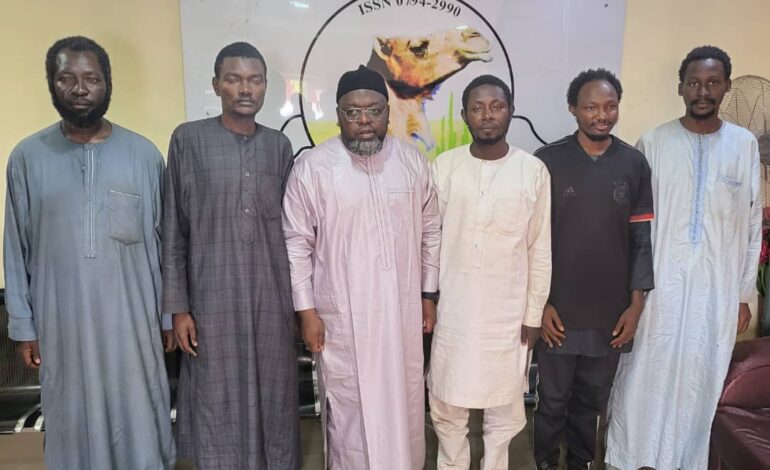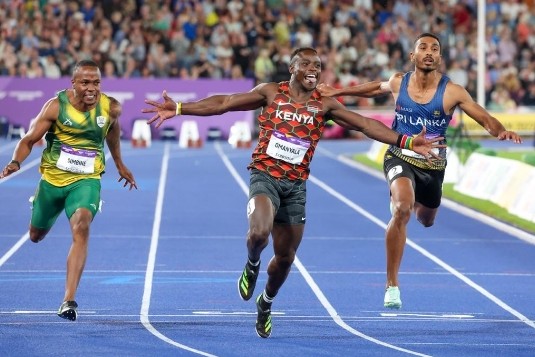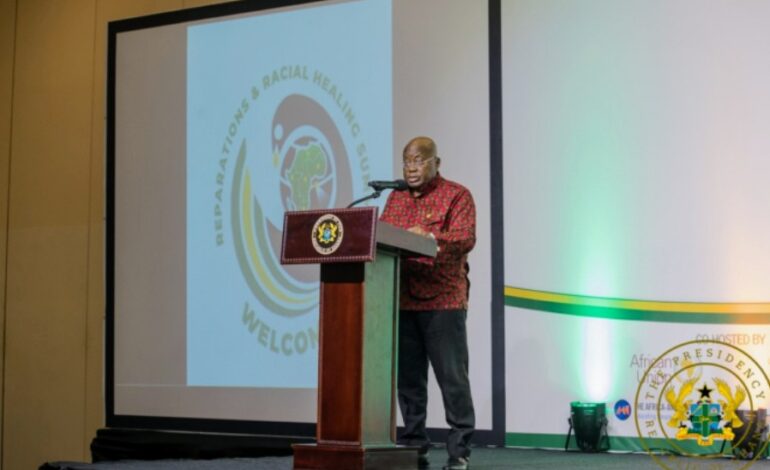
Ekeomah Atuonwu
President of Ghana 🇬🇭, Nana Akufo-Addo, has called for reparations to be made to Africa and the African diaspora for slavery.
He underlined that reparations for Africa and the African diaspora are long overdue and lamented the fact that the topic of reparations “becomes a conversation” only when it pertains to Africa and Africans in his remarks at the Reparations and Racial Healing Summit.
“Native Americans have received and continue to receive reparations; Japanese-American families, who were incarcerated in internment camps in America during World War II, received reparations. Jewish people, six million of whom perished in the concentration camps of Hitlerite Germany, received reparations, including homeland grants and support”. He said.
Nana Akufo-Addo
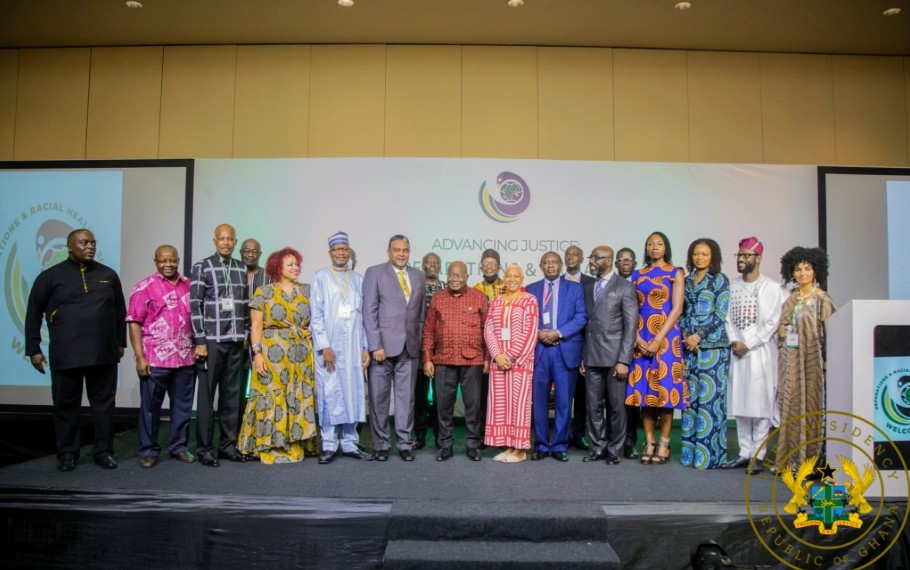
Additionally, he expressed dissatisfaction that “enslaved Africans themselves did not receive a dime” despite all owners of enslaved Africans receiving reparations totaling 20 million pounds sterling.
Following the Haitian Revolution, Haiti 🇭🇹 also had to pay $21 billion in reparations to French slave owners. While stating once more that no amount of money will undo the harm brought on by the Trans-Atlantic Slave Trade and its long-lasting effects.
However, the President said, it is time to reinvigorate and step up the conversation regarding reparations for Africa. The moment has indeed come long overdue.
COUNTING THE COST according to a widely accepted estimate from the Trans-Atlantic Slave Trade Database, some 12.5 million individuals were sold into slavery and removed from Africa, however some estimates contend that as many as 20 million people were sold into slavery.
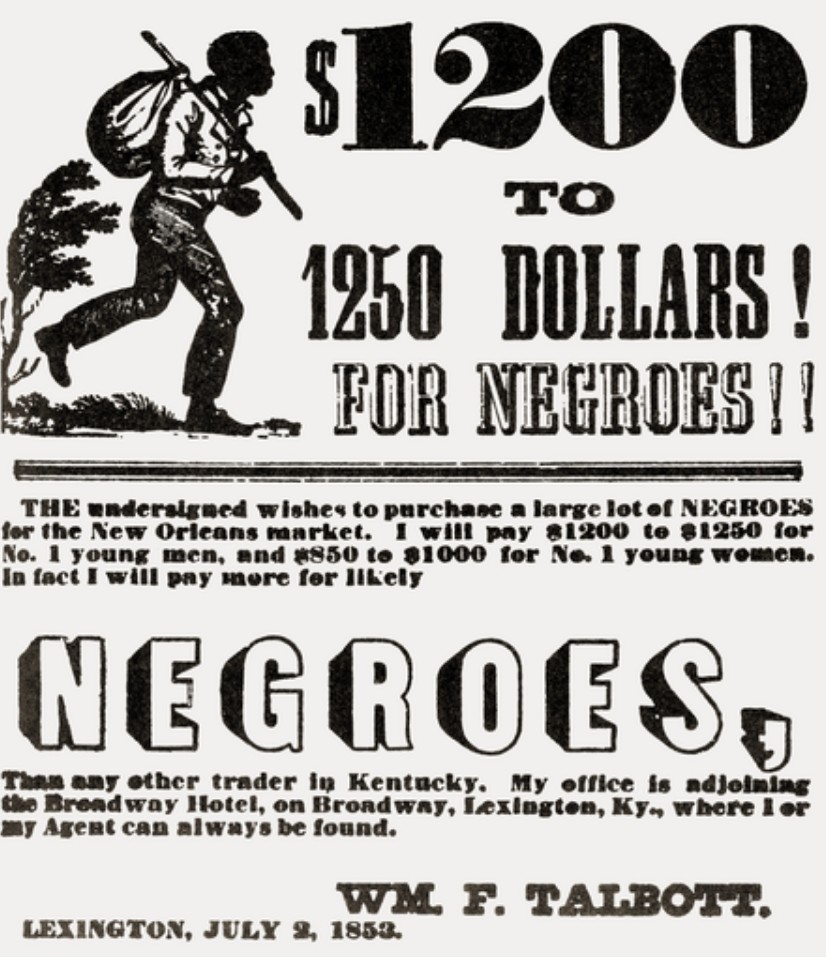
Image: /ExpressUK/
Slavery not only reduced the population of Africa, but also undermined its institutions. The monoculture of selling people on the continent’s economy prevented the development of other resources.
When the “Eminent Persons” congregated in 1992 under the aegis of the Organization of African Unity (OAU), which is now the African Union (AU), they made one of the first official requests for reparations to Africa. It was promoted by Kenyan professor Ali Mazrui and led by wealthy Nigerian businessman and former president-elect Chief Bashorun M. K. O. Abiola.
A US congressman, economists, historians, politicians, and South African musician and activist Miriam Makeba were all included in the diverse gathering.
For the reparations movement to work, Mazrui argued it needed to connect Africa and the diaspora, creating what he called “a worldwide crusade for reparations for the African and Black world as a whole.” That meant looking beyond money and finding realistic ways to address the imbalance between Africa and the West. Mazrui argued for the empowerment of African people and states in relation to the current world order.
Discussions on reparations to Africa must begin with the West’s acknowledgement of its wrongdoing and not using words like “sincere regrets for the wounds of the past,” as used by the Belgian King to the Congolese recently without mention of an apology.
These discussions must at least address what is perhaps the most difficult effect of slavery and colonialism—the psychological impact and the enduring legacy of racism in the world.
RELATED
THE RAW DEAL DEALT TO HAITI – A CRIPPLING FOUNDATION


